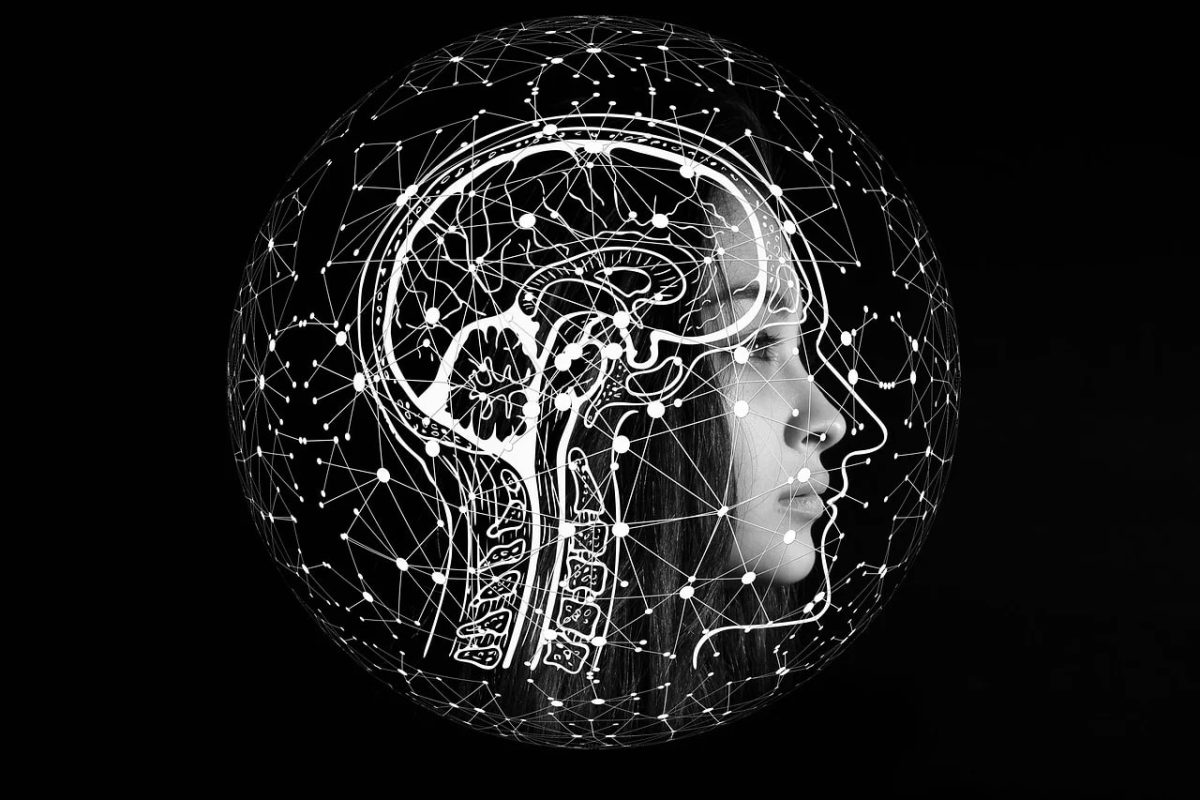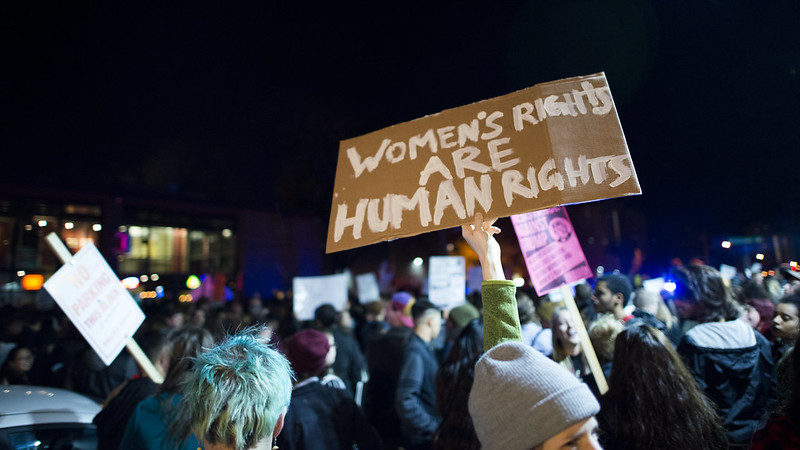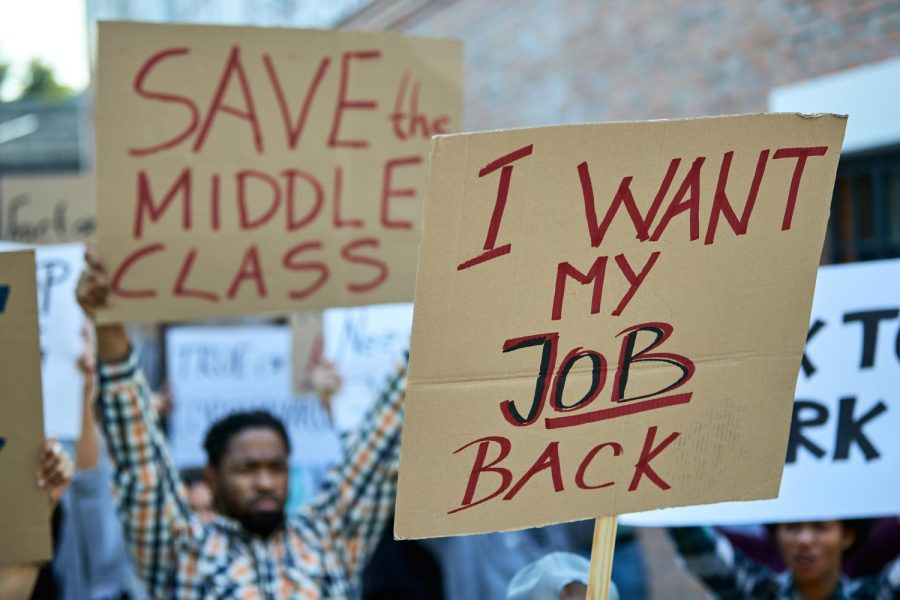When a person or group of people commit a terrible act against humanity, through torture, killings, or whatever it may be, most people have trouble understanding what motivated such actions to occur. What motivates evil?
It is through the dehumanization of others, de-individuation of self, and a blind obedience to authority when given power that people often find themselves in situations where they exhibit evil intentions.
Groups and systems give leave to evil through anonymity. In 1974 experiment by Harvard anthropologist John Watson, he studied 23 cultures to determine whether warriors/soldiers change how they interact with victims depending on if they dress in war paint, uniform, masks etc. He found that 90% of those cultures who mask their identities, in becoming just another soldier, were found to kill, mutilate, and torture their victims as opposed to just 12% of those who did not change their appearance.
This same gateway to evil can be seen when a individuals are given authority without supervision. This idea can be seen in Stanford professor and psychologist Philip Zimbardo’s 1971 Stanford experiment. The experiment took college students as volunteers and put them into a simulated jail. Students were assigned as guards, with power and anonymity, and then as prisoners, to be dehumanized. The guards, without order or instruction, began to put the prisoners through humiliating acts; sexually taunting them, forcing degrading activities, and the cleaning toilet bowls with their bare hands. The guards, when given power and seemingly no higher supervision, had dehumanized the prisoners and treated them as if they weren’t fellow students attending the same college.
This same relationship became exposed to the world in the early 2000s when American soldiers tortured Iraqi prisoners in the Abu Ghraib prison. This situation had unsupervised U.S. soldiers in charge of prisoners who were to be questioned for information on the war. Much like the Stanford prison experiment, guards began torturing and humiliating the prisoners and in conformity to those around them, the soldiers carried out these acts for three months before someone finally spoke up.
After escaping Nazi Germany, Hannah Arendt became a well known philosopher when she published A Report on the Banality of Evil. She brings up the idea of how evil spreads, how through power it can grow like a fungus, with most conforming to the evil. She claims that, “under conditions of terror most people will comply but some people will not… No more is required, and no more can reasonably be asked, for this planet to remain a place fit for human habitation.” She argues that when faced with evil, the majority of people will simply comply, with few sticking up for humanity. However, do humans need to be complacent with this idea that many will follow and few will rise against the proposed evil?
When people are put into difficult situations, there is a decision to be made. Everyone, everyday has the possibility of coming across these situations where they either become a perpetrator of evil, or a hero of society. Zimbardo argues a banality of heroism, in that “it’s ordinary people who do heroic deeds.” The media portrays heroes as people with inhuman abilities or powers, but heroes are ordinary people, just like you or I, whose social actions are extraordinary.
So what will you do when you find yourself in a precarious situation? Will you commit evil acts? Will you complacently sit and pass by the opportunity to make a difference, guilty of inaction? Or will you become a hero?
Categories:
What motivates evil?
April 25, 2019
0
Tags:






